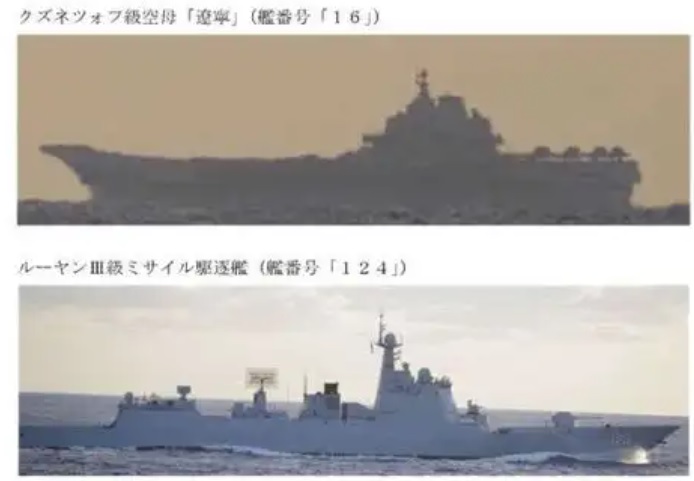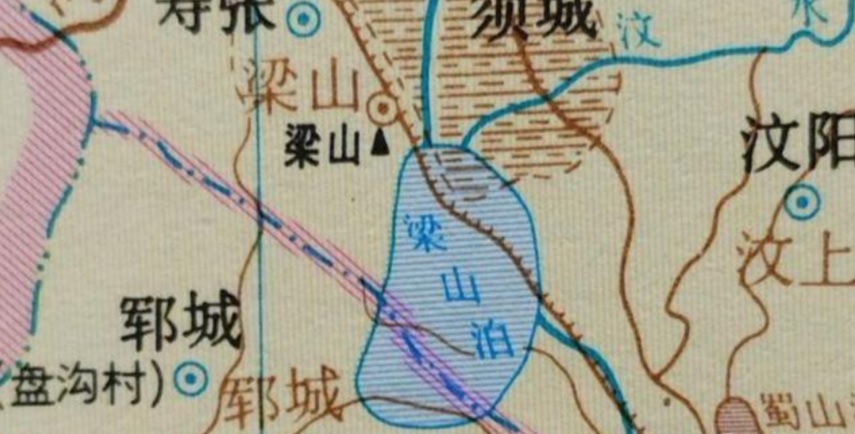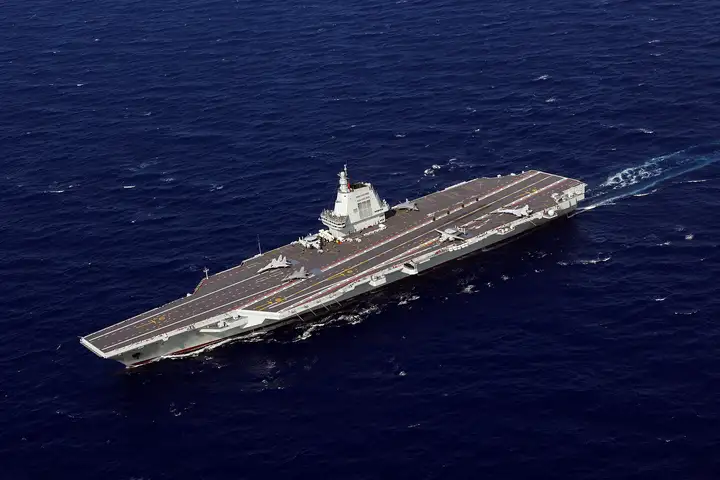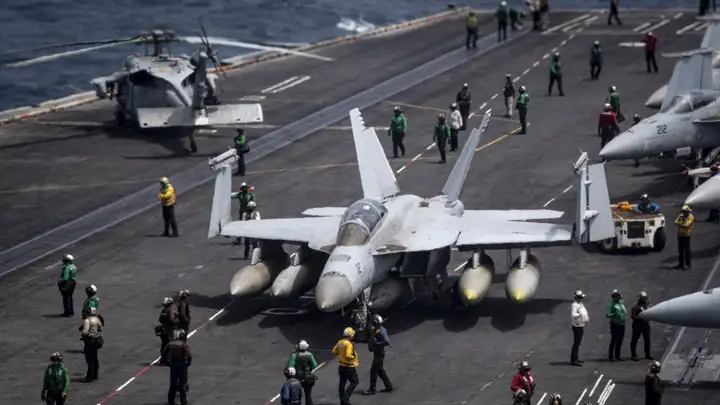Why can’t China effectively manage propaganda and ideological work? This is related to the underlying logic of its system.
China’s current system is almost the only one in the world still oriented toward “problem-solving” as its core principle.
China constructs its legitimacy through “problem-solving.” Over the past century, its foremost mission has been the rejuvenation of the Chinese nation.
How does it solve problems concretely? Through industry, agriculture, science, technology, military, and people’s livelihoods: vegetable baskets, rice bags, power plants, water conservancy projects… These are materialist approaches to addressing societal issues.
Most countries worldwide, however, rely on “electoral politics” to establish legitimacy.
The arduous tasks mentioned above? Unnecessary. Securing votes alone grants legitimacy. This path is far simpler. Few willingly choose hardship when an easier option exists. Thus, even in multi-party systems, no party genuinely tackles hard work. On the contrary, multiparty systems incentivize parties to exploit loopholes for votes, neglecting substantive governance. The result is a system where no one accomplishes meaningful work, yet everyone retains the power to sabotage. This directly blocks any party attempting earnest social governance.
While “electoral politics” may lead to national decline, it excels in one area: extreme sensitivity to propaganda and ideology.
Why? Simple. Poor propaganda means plummeting approval ratings. Plummeting ratings risk losing power—and with it, opportunities for officials to profit.
Where money is involved, market dynamics take over. Everyone knows the magic of the market—Hayek’s invisible hand.
Would any electoral system tolerate a propaganda team that does nothing or even backfires? Unlikely. Even if such a team emerged, market-driven politics would eliminate it. In a competitive arena, parties inevitably select the best propaganda teams—”best” defined by their ability to serve the party’s ideological agenda.
Thus, in most nations and regions (where electoral politics prevails), propaganda is a weapon—a life-or-death sword protecting the party’s spoils.
But China lacks electoral pressure. Here, propaganda is no longer a weapon.
During the revolutionary era, propaganda aided the revolution—it was a weapon then.
After decades of peace, however, its combative edge has faded entirely.
Today, what is propaganda?
A “ritual object.”
Like the Nine Tripod Cauldrons, it is symbolic—displayed as an emblem. Institutions are vast, yet combat-ready? No. They resemble ceremonial bells or cauldrons: ornate but inert.
Use it or lose it—this principle transcends time.
- China prioritizes “problem-solving,” so its industrial, agricultural, scientific, and military sectors sharpen like blades through use.
- The West prioritizes “electoral politics,” so its propaganda, ideology, and identity politics dazzle with unmatched agenda-setting power.
Conversely, China’s propaganda and the West’s infrastructure—yielding no direct or substantial profit—degenerate into ornaments. Like fish stranded ashore, their gills atrophy.
Use it or lose it.
As a “ritual object,” mere existence suffices. Content? Irrelevant. Functionality? Unimportant. Resonance? Meaningless.
Even if deemed important, genuine revival is impossible. Without market mechanisms—or amid market failures—no truly capable team can emerge. This plagues both China’s propaganda and Western infrastructure.
A deeper contradiction lurks:
The environments needed for “propaganda/ideology” and “industry/agriculture/science/military” are mutually exclusive.
- Focus on materialist problem-solving? The latter thrives through use; the former atrophies.
- Focus on idealist electoral politics? The former thrives; the latter atrophies.
Like a bent plastic sheet: press one end, the other lifts.
I’ve pondered China’s propaganda weakness for years. My conclusion: Under current productivity constraints, this dilemma may be unsolvable.
- Choose problem-solving? Propaganda can’t flourish. Long-term, it becomes a “ritual object,” filled with useless translation machines (at best) and deadwood.
- Choose electoral politics? Propaganda thrives, but industry/agriculture/science/military turn into “ritual objects.”
Even if China surpasses the West, external cultural subservience may fade—enabling “victory without war.” But this addresses only one symptom. Against homegrown ideological challenges in a modernized China, propaganda will remain a “ritual object”: untested in battle, devoid of market-forged talent, and clogged with deadwood immune to market clearance.
Here lies my despair: No solution seems viable within existing productive forces.
The problem’s layers:
- Surface: Propaganda personnel are inept → “Replace them.”
- Deeper: The system itself is ill-suited for propaganda → “Restructure.”
- Core: Propaganda and material development are mutually exclusive → “Under current conditions, both cannot excel.”
Yet, if ideology and propaganda remain weak, won’t they eventually corrode governance and development?
Perhaps one hope remains:
After defeating the West materially, China might gain passive ideological supremacy. Though propaganda stays a “ritual object,” surging national confidence could foster authentically Chinese ideologies—sparking Marxism’s second integration with local realities. Ultimately, a “people’s war ocean” or “countryside encircling cities” approach might reverse-infect and revitalize propaganda.
This is the future I hope history chooses.




Alright, so I needed to get back into my Bet188 account, and bet188betlogin made it super easy. Quick and straightforward. Just what I needed! If you’re having trouble logging in, give it a shot: bet188betlogin
Just downloaded the jjwinapk app. So far, so good – pretty easy to navigate. Gonna give it a proper run tonight. Hoping for some wins! Get the app, guys jjwinapk!